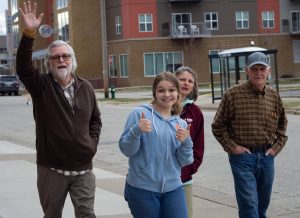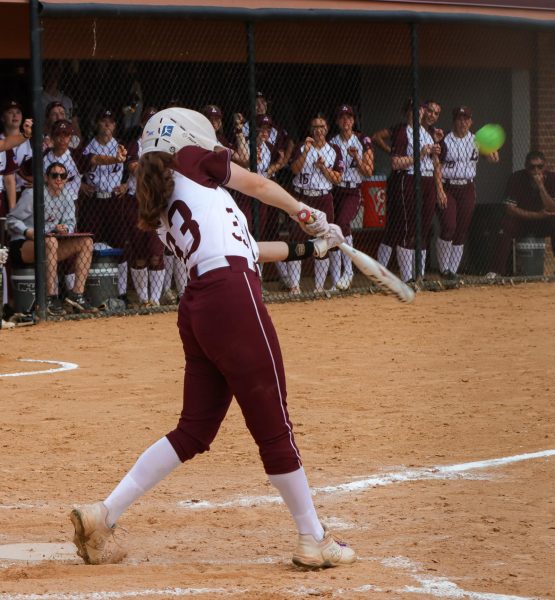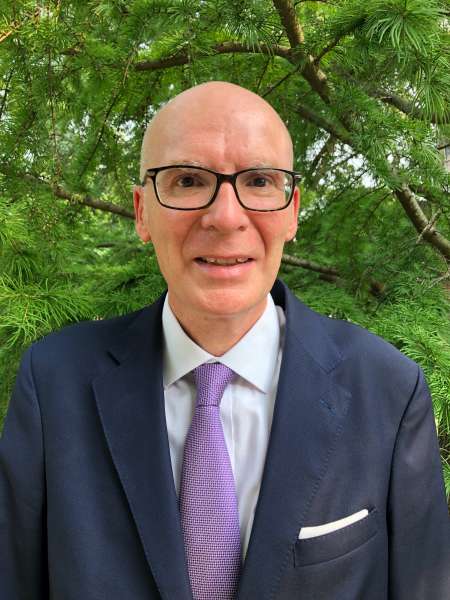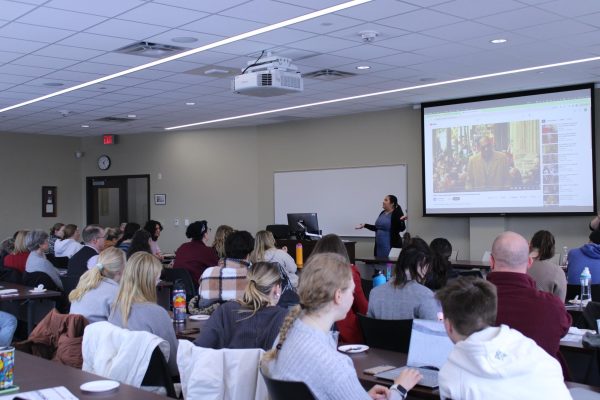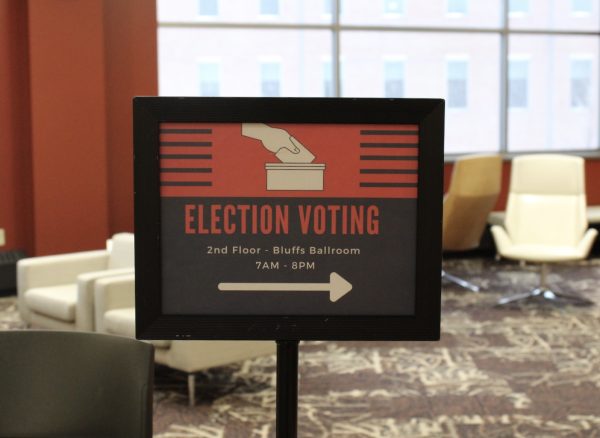Wisconsin Primary results: Cruz and Sanders take the lead
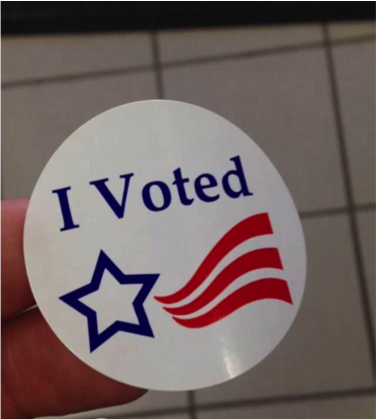
Photo Credit: Chai Yang
April 5, 2016
On Tuesday, April 5, hundreds of eager UWL students lined up inside the Recreational Eagle Center and other locations around La Crosse for their chance to cast their ballots and make their voices heard in the presidential primary election. Voting ran from 7:00 a.m. to 8:00 p.m.
After the poles closed at 8:00 p.m. on Tuesday, Senator Ted Cruz was reported to have received the majority of the votes for the Republican Party, thus winning the state of Wisconsin. Cruz received approximately 52 percent of the votes that were cast as compared to Donald Trump’s 31 percent and John Kasich’s 15 percent.
Senator Bernie Sanders won the state of Wisconsin for the Democratic Party; he received 54 percent of the votes cast as compared to Hillary Clinton’s 46 percent.
As it currently stands, Republican candidate Donald Trump is leading the for the Republican Party with 737 delegates, as compared to Ted Cruz’s 475 delegates and John Kasich’s 143 delegates.
For the Democratic Party, Hillary Clinton is the leading candidate with 1,243 pledged delegates and 479 superdelegates, as compared to Senator Bernie Sanders’ 980 pledged delegates and 31 superdelegates.
In order for one of the Republican candidates to receive the nomination for the Republican Party, a total of 1,237 delegates are required to be obtained by the candidate, and 2,383 delegates are required to receive the nomination for the Democratic Party.
As with any election, there were many opinions surrounding the primary election at UWL. While some thought it was their civil duty to get out to the polls and vote, some other students felt like their votes wouldn’t make a difference or that they didn’t know enough about any of the candidates to make an informed choice.
One UWL student, who asked to not be named, says, “It’s pretty clear who is leading for each political party. I just feel like my vote really wouldn’t change the game at this point, which is why I am choosing not to vote.”
Junior Samuel Korger provided an interesting response regarding how students should approach the political process and voting as a whole.
“It’s important for people to pay attention to politics and remember that voting isn’t the only thing that matters. It’s within your hands to motivate and organize people to support a candidate that is genuine. Don’t vote for a candidate just because they’re the lesser of two evils, but rather, take the initiative to promote constructive change,” says Korger.
Junior Chai Yang also extended the conversation about the importance of voting regarding some of the qualities he looks for in a presidential candidate.
“Within the next year, I will be graduating college, and I want to have a president in office who is sufficiently knowledgeable regarding all of the problems that our country has been going through for quite some time now. I want someone in office who will actively try to solve these problems in an appropriate and realistic way,” says Yang.
The Wisconsin primary results are just handful of the delegates that are remaining. There are still a handful of states whose primary elections are still to come, and there are many delegates left for the candidate’s taking. Among some of the primaries that are coming up are Wyoming, New York, Connecticut, Pennsylvania, Delaware, Maryland, and Rhode Island.





